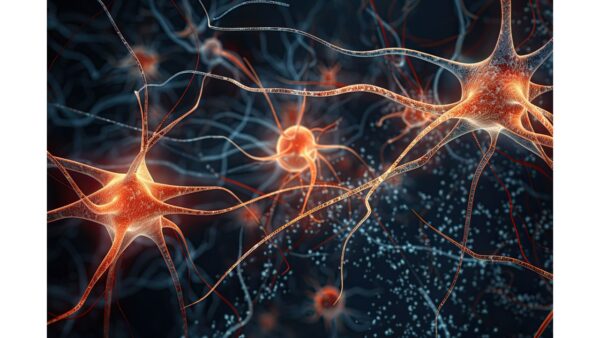 North Reading, Mass. – December 11, 2024 − Aphios announced today that it was awarded an NIH SBIR grant from the National Institute on Aging (NIA) to develop anti-CCR5 nanoparticles to treat Alzheimer’s disease.
North Reading, Mass. – December 11, 2024 − Aphios announced today that it was awarded an NIH SBIR grant from the National Institute on Aging (NIA) to develop anti-CCR5 nanoparticles to treat Alzheimer’s disease.
Alzheimer’s disease and dementia are debilitating diseases affecting over 6.7 million people in the United States and over 55 million people worldwide. Alzheimer’s disease has been characterized by multiple factors, including but not limited to amyloid plaque formation, tau protein entanglement, enzyme degradation and inflammation. Inflammation in the brain is associated with the CCR5 gene that increases with age. CCR5 has been correlated with impairments in memory consolidation in aged mice, which was reversed with a CCR5 knockout drug that inhibits this receptor.
According to Dr. Trevor P. Castor, Principal Investigator, “We are utilizing targeted nanoparticles manufactured by our proprietary PNS (polymer nanoparticles) technology to transport the anti- CCR5 antagonist across the blood brain barrier (BBB) to knock down the CCR5 gene, control inflammation, and manage dementia and Alzheimer’s disease.” Additionally, he continues, “Our nanotechnology platform will be able to co-transport our anti-CCR5 antagonist with other therapeutics such as anti-amyloid antibodies with different and potentially synergistic mechanisms of actions into the Alzheimer’s disease brain.”
About Aphios Corporation:
Aphios Corporation is a clinical stage biotechnology company developing enabling technology platforms to improve drug discovery and manufacturing, nanotechnology drug delivery and pathogenic safety of biologics. Based on these platforms, we are developing enhanced therapeutics to prevent disease, maintain health/improve quality-of-life and treat chronic diseases including cancers/supportive care, infectious diseases such as HIV/AIDS, influenza and COVID-19, and CNS disorders such as Alzheimer’s disease in an environmentally sustainable manner.
Research reported in this press release is supported by the National Institute on Aging (NIA) of the National Institutes of Health (NIH) under Award Number R43AG085863. The content is solely the responsibility of the authors and does not necessarily represent the official views of the National Institutes of Health.